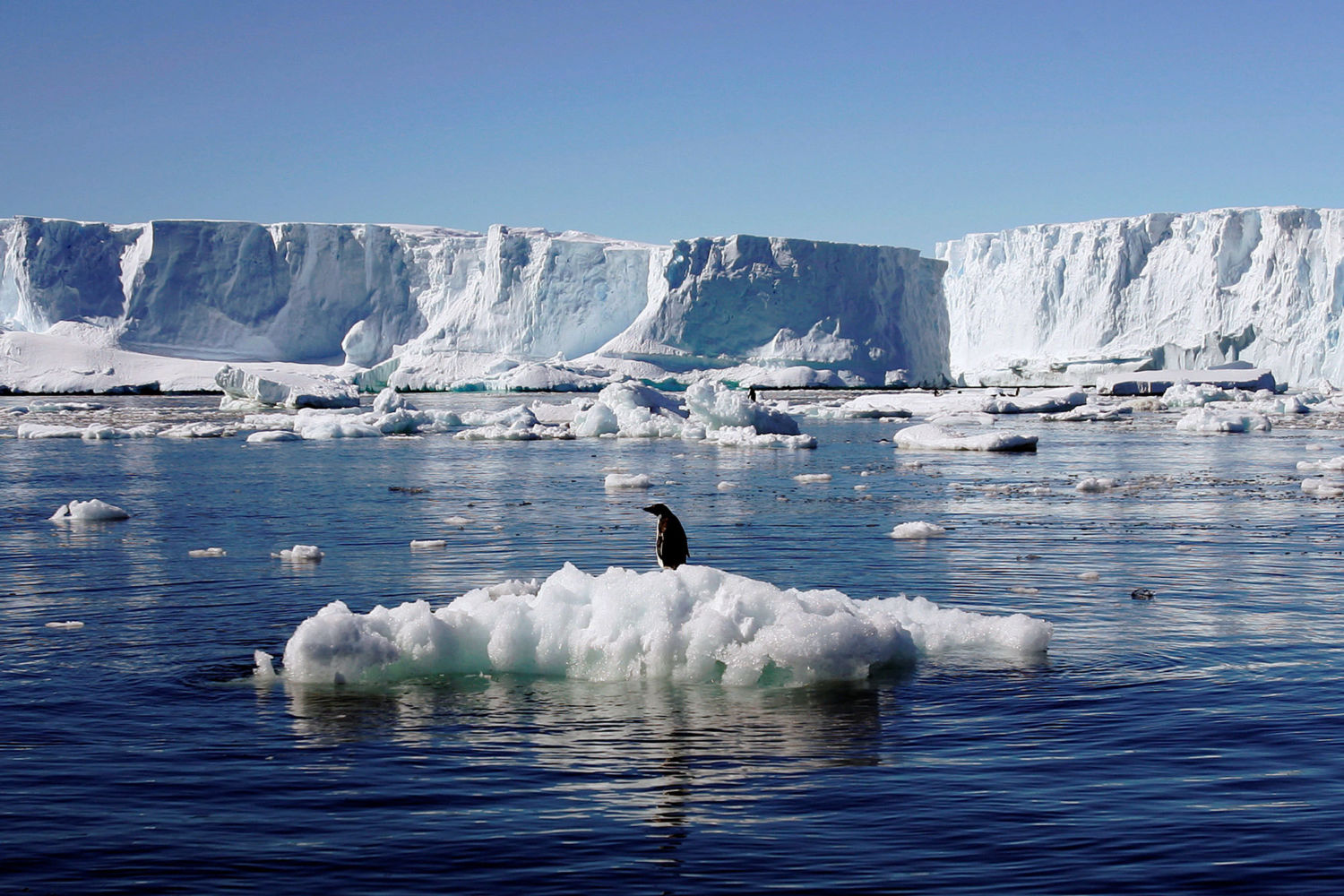M&E Industry Has Immediate Need to Reduce Carbon Footprint
Cloud-native editing and production are more environmentally friendly, Blackbird CEO says

LOS ANGELES—In a recent interview with Ian McDonough, CEO of cloud editing and publishing developer Blackbird, he outlined that the carbon emissions from one hour of video production is equivalent to losing 30 meters of sea ice, or about the size of two Wimbledon-sized tennis courts.
Details like this, which were included in a recent report Blackbird collaborated on with Green Element, is why McDonough believes that the video industry has an immediate need to reduce its carbon footprint and why he is pushing for the adoption of cloud-native technology.
“Quite a few of us have young kids, and knowing that they are going to come into a world that is potentially fraught with crazy weather systems, with rising seas and melting sea ice, we wanted to see where we fitted in,” McDonough said.
DOING ITS PART
McDonough expressed that Blackbird has always tried to be environmentally conscious with its cloud-native technology, and the report with Green Element backed him up.
Traditional on-site production methods and even cloud-based technologies produce significantly more carbon than cloud-native technology, according to the report. Going back to the Wimbledon analogy, an on-premise video editing workflow would emit around 175 tons of carbon; 91% more than a cloud-native workflow would produce, the report found. Cloud-native also beats cloud-based technology by 83%.
“A lot of where this carbon is emitted from is the data transfer,” McDonough explained. “It’s in the data center and it’s moving high bitrate content from A to B, and the very powerful equipment that is being required for that that is causing the carbon emissions.”
McDonough believes that this environmental impact—in addition to Blackbird technology’s other features that make it an efficient, faster process while not losing quality—makes it an ideal platform for meeting global video industry needs.
The professional video industry's #1 source for news, trends and product and tech information. Sign up below.
PUTTING A PLAN INTO ACTION
BlackBird is not a broad solution for the video industry’s impact on the environment, McDonough admits. While its implementation has few barriers and can be done quickly, a larger strategy is needed, one that McDonough calls the “Three Ts”—Use existing technology; leverage existing talent to innovate new solutions; and having the industry set targets that it can achieve.
Among the key targets is getting to net zero carbon, which many big companies, like Netflix, have already committed to. But McDonough would like to see some push for carbon negative outputs.
There are two recognized ways for companies to reduce their carbon to either “net carbon” or “carbon negative:” simply reduce carbon or buy “carbon outputs,” which allow companies to pay to offset emissions by canceling out greenhouse gas emissions elsewhere, with proceeds going to support emission reduction programs. However, McDonough finds one to clearly be a more effective option.
“We would really push for the first ones, really push for reducing carbon,” he said. “Not only are carbon offsets expensive and they don’t immediately work, sometimes they don’t ever work.”
According to Green Elements, 73% of carbon offsets do not actually have any effect.
While the last year has been rough on everyone, a silver lining can be found for the video industry, McDonough says. With COVID restrictions forcing video industry companies to find ways to work remotely, remote production methods are taking hold that will help reduce the carbon emissions companies create.
Moving forward, McDonough says Blackbird will continue to look closely at its own practices as it continues to work with Green Element to better calculate the data on its technology’s environmental impact so as to provide customers with the most accurate information. The company will also work with other companies to provide more information on carbon emission data and how they can help. McDonough also hopes to create a consortium for the promotion of stronger industry-wide environmental practices.
“If these existing technologies are leveraged more smartly and widely, the impact could be immediate and large,” said McDonough.
